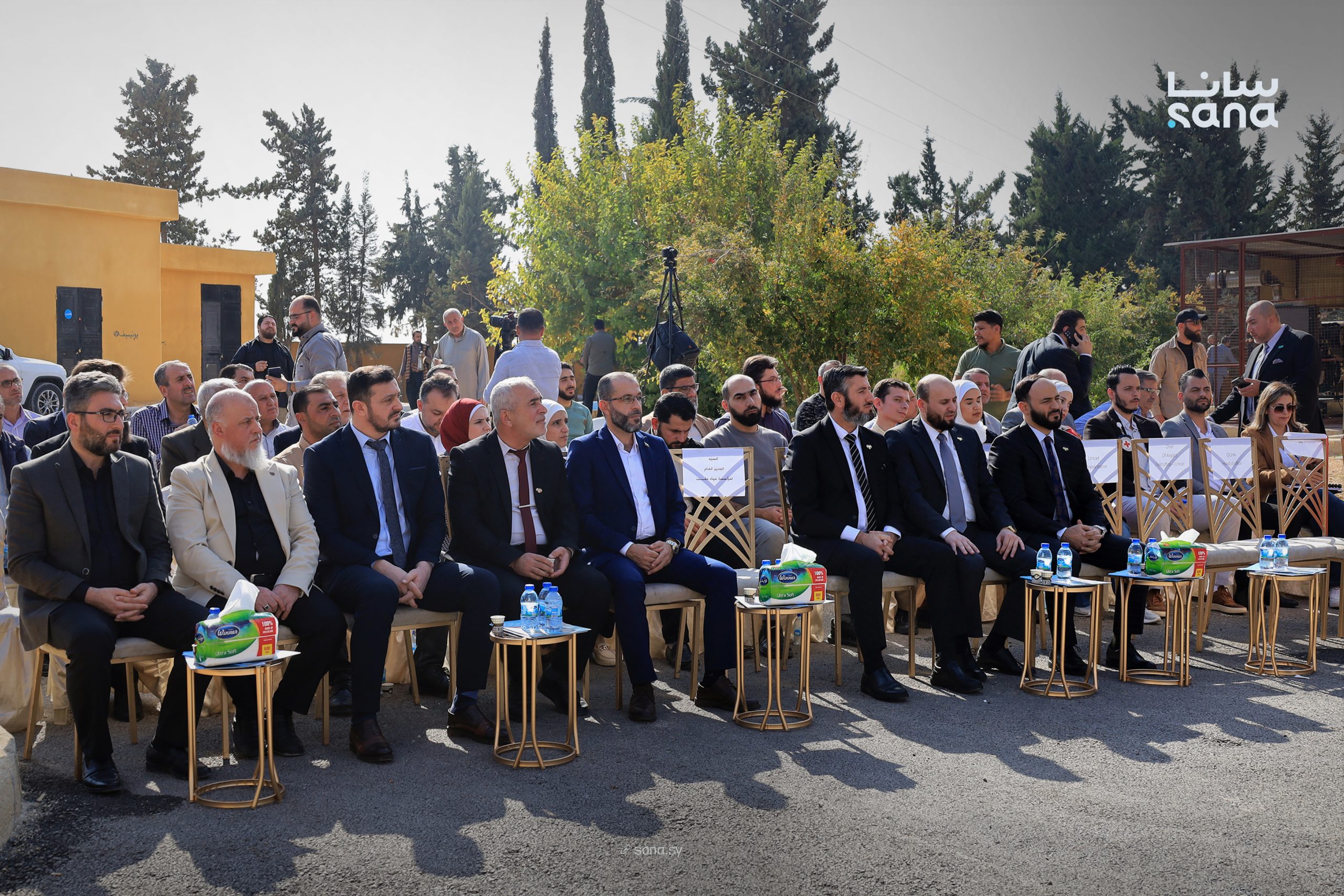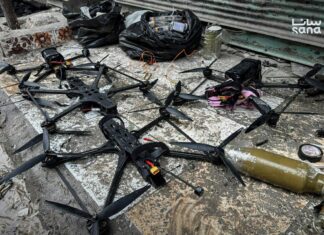
In a major step toward improving water services and ensuring a sustainable supply for residents, the Ain Al-Bayda water station has officially begun operations in the Al-Bab region of rural Aleppo. The station’s opening follows months of rehabilitation and technical work aimed at restoring a reliable source of clean water for the local population.
The launch comes at a critical time for Syria’s water sector, which continues to face severe challenges following years of military operations and the destruction of infrastructure by the ousted Assad regime. Persistent shortages in major cities, including Damascus and Aleppo, have left many returning residents struggling to secure safe water for daily use.
Key Infrastructure Serving Al-Bab and Surrounding Areas
Barakat al-Yusuf, Deputy Governor of Aleppo for Health, Irrigation, and Drinking Water, described the Ain Al-Bayda station as “one of the most vital projects” in the region. The facility now provides water to Al-Bab and four nearby centers, including Tadif and Qabasin.
Jamal Diban, Director of the Aleppo Water Institution, said the project benefits over 400,000 people in Al-Bab and surrounding villages. He noted that the area had long been deprived of clean drinking water and that the station’s reopening marks the end of years of irregular supply.
“The return of stable, clean water service represents a significant turning point for residents who endured long-term shortages,” Diban said.
Local official Hussein al-Shehabi, responsible for the Al-Bab area, confirmed that the facility’s operation has “ended the ongoing suffering” of residents. He explained that the area now receives Euphrates River water through a direct extraction system, creating a reliable and sustainable supply for domestic and agricultural use.
Broader Efforts to Restore Vital Infrastructure
The opening ceremony was attended by Minister of Energy Muhammad al-Bashir, Governor of Aleppo Azam al-Ghareeb, and Manbij area official Hashim al-Sheikh. Officials described the project as part of a broader government plan to rehabilitate essential infrastructure and improve basic services, contributing to community stability and local economic recovery.
These efforts coincide with Syria’s struggle against an ongoing national water crisis aggravated by severe drought. The shortage has slowed refugee returns and strained agriculture and sanitation networks. In response, the Syrian government has prioritized modernizing water infrastructure through network repairs, river cleaning, and the rehabilitation of pumping stations.
Authorities are also expanding the use of renewable energy, particularly solar power, to operate water systems more sustainably amid persistent energy shortages. The Ain Al-Bayda water station stands as a symbol of these ongoing recovery efforts, an initiative aimed not only at meeting urgent humanitarian needs but also at building long-term resilience against climate challenges and ensuring stable access to one of life’s most essential resources.








